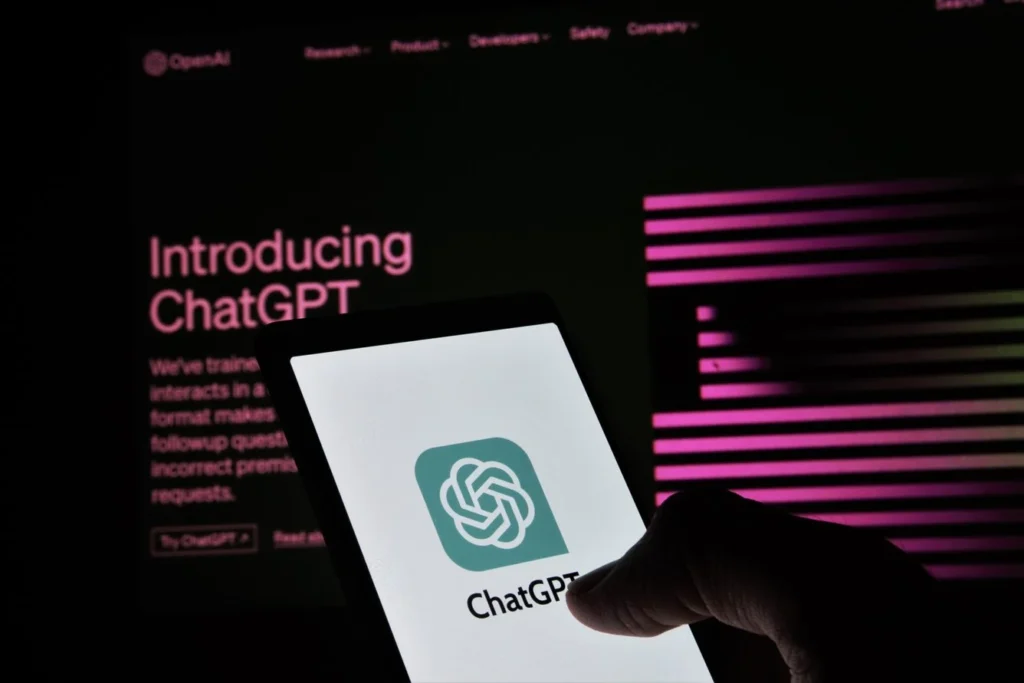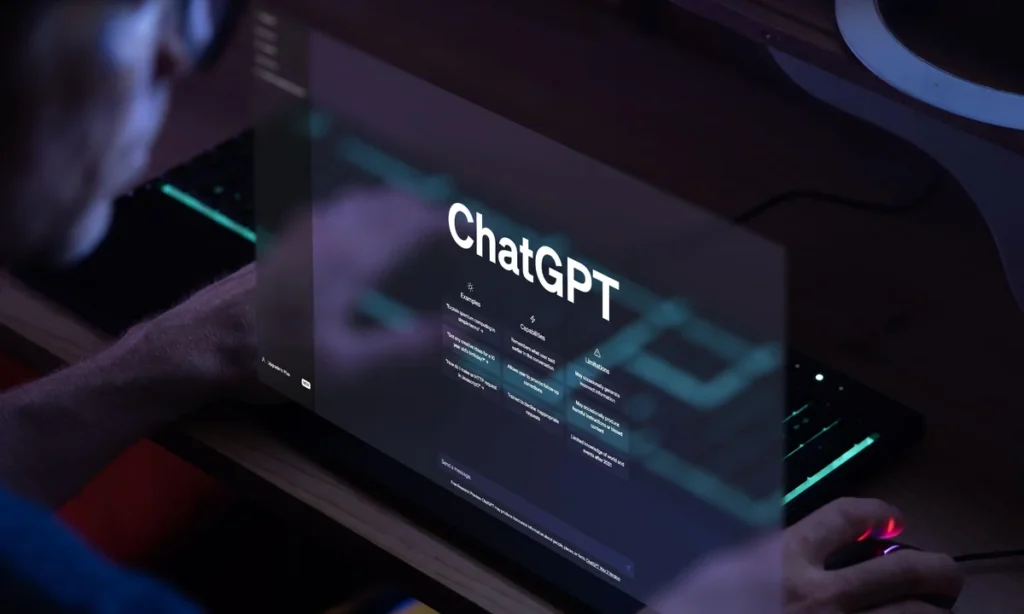Artificial intelligence isn’t just changing education—it might be upending the very foundations of academia. Across campuses worldwide, professors and administrators are asking the same unsettling question: Is ChatGPT killing higher education?
The AI Tsunami and College Life
When OpenAI launched ChatGPT in November 2022, no one predicted that so many students would soon view it as the ultimate homework shortcut. But fast forward to mid‑2025, and the stats are astonishing: a New York Post survey shows 97% of Gen Z students admit to using tools like ChatGPT for essays, homework, test prep—even scholarship and college applications.
That figure should give educators pause, and not just because it points to rampant usage. It signals a deeper fracture in the university ecosystem: student expectations, academic pressure, and campus culture are shifting faster than institutions can respond.
Faculty in Crisis: What Professors Are Saying
Talk to university instructors and the sentiment is overwhelming: they’re worried, if not outright despairing.
One professor told Vox it only takes a little student tweaking to mask a ChatGPT‑generated essay: “AI can write 70%, you polish 30%, and voilà—a credible submission. Worse, current AI‑detection tools are falling short.
Turnitin now claims a 98% accuracy rate—but even that leaves room for false positives, as seen when innocent students were flagged at UC Davis and Cambridge. This unreliability is especially dangerous for neurodivergent and multilingual learners. The result? Many professors, lacking faith in detection methods, question whether any real countermeasures exist.
Some have reacted with existential concern. A TIME magazine educator confided that grading has become an exercise in picking apart AI‑crafted prose, not evaluating student thought. Others have simply walked away from the profession, burned out by the sheer scale of AI‑enabled cheating.

The Curriculum Shake‑Up: Fighting AI with Innovation
In many institutions, old-school plagiarism checks are being traded for creative academic design:
- Handwritten essays and in‑person exams. Professors in Australia, Italy, and the UK are bringing back pen‑and‑paper assessments to ensure student-generated content.
- Oral defences and impromptu presentations. Some universities now require students to defend their written work verbally, discouraging AI shortcuts.
- Process‑oriented writing. Assignments now focus on drafting phases—idea generation, peer review, reflections—emphasising learning how to write, not just what to write.
- Prompt‑centric learning. Philosophy and writing courses, such as those at the University of Rochester, require students to collaborate with ChatGPT on complex prompts and then critically evaluate the AI’s output.
These methods signal an institutional shift: universities are choosing adaptation, not resistance. One Reddit user noted:
“Universities are admitting…attempts to block AI‑aided cheating are futile… prompting a shift towards altering teaching methods…”
The Ethical Tightrope: Balancing Aid and Abuse
While AI empowers creativity and supports multilingual or learning‑disabled students, it also blurs academic ethics.
Research from the National Institutes of Health outlines the risks: unchecked AI use can diminish critical thinking, bias learning, distort digital literacy, and isolate students socially. Other scholars warn of “hallucinations,” bias, and the perpetuation of stereotypes, when students accept AI‑generated content as truth.
Fostering meaningful integration means institutions must:
- Craft clear guidelines framing acceptable AI usage
- Educate both students and staff on AI literacy and digital ethics
- Redesign curricula to prioritise analytical thinking beyond AI’s current capabilities.
University leaders are now more inclined to see ChatGPT as a tool, not a threat. At Queen Mary University of London, for instance, educators combine prompt engineering with interdisciplinary programming to blend AI proficiency and human creativity .
The Stakes: What’s at Risk—and What Could Be Gained
Integrity vs. Innovation
If ChatGPT becomes the default, essay-writing risks devolving into algorithmic copying. Many fear we’re entering a “Dark Age” of superficial understanding—writing without reasoning.
Conversely, AI can:
- Serve as a scaffolding tool, supporting ELL students and neurodivergent learners
- Encourage deeper engagement by letting humans focus on critical analysis.
Efficiency vs. Skill atrophy
AI saves time—but perhaps at the cost of creativity and reasoning. Stanford research links ChatGPT use to declines in cognitive fluency and originality . MIT data found users displayed lower brain activity and mental effort.
Economic pressures
Many universities rely on tuition. A reputational hit from AI cheating could threaten funding and competition. In Scotland alone, incidents rose 700% in a single academic year—a warning sign for fragile institutions.

Real‑World Cases: From Australia to the US
- Scotland: 1,051 AI-related cheating cases logged last year—a sharp rise weighted heavily towards international students.
- Australia: Faculty express concern that universities hesitate to fail AI‑using students due to revenue dependence.
- New York City & Texas: High-profile disputes over AI detectors led schools to abandon Turnitin’s tool due to misclassification.
- Italy: Instituted nationwide ChatGPT bans amid massive adoption—89% of students using it as of 2023.
- University of Montana: Shifting entirely to oral exams, leaving essays behind.
Beyond Panic: A Call for Ethical Action
Are we witnessing an existential threat—or a generational scare? The truth likely lies between.
Yes—AI challenges traditional modes of assessment and learning. Faculty fear students may never fully engage intellectually. Detection tools remain unreliable. Universities feel unprepared.
Yet AI also offers a transformative opportunity:
- Remote tutoring, live writing support, and personalised feedback
- New disciplines (prompt engineering, ethical AI) are emerging across faculties
- Real-time experimentation with hybrid learning tools
To pivot positively, institutions must embrace intentional change:
- Publish clear, transparent AI usage policies
- Prioritise AI literacy across curricula
- Innovate assessment beyond traditional essays
- Invest in reliable detection as a last resort, not sole defence.
The Road Ahead: Toward a Human‑AI Alliance in Learning
The most forward-thinking campuses are already evolving. Assignments may soon combine AI and student effort, with reflection essays on AI’s role. Oral defences, group problem-solving, handwritten reports, and ethics seminars may become normative.
Universities are at a crossroads: either rehabilitate rigorous education in the AI era, or risk irrelevance. A student-academic ecosystem that teaches how to wield AI responsibly, critically, and ethically could become the hallmark of 21st-century scholarship.
Conclusion:
So, is ChatGPT killing higher education? Not yet—but it’s shaking it to its core. And unless universities adapt smartly, we could lose far more than essays: critical thinking, intellectual curiosity, the very culture of inquiry.
However, an adaptive, principled approach can transform the AI era into a renaissance of learning—one where AI isn’t a shortcut, but a catalyst for deeper, truer education.
Join Our Social Media Channels:
WhatsApp: NaijaEyes
Facebook: NaijaEyes
Twitter: NaijaEyes
Instagram: NaijaEyes
TikTok: NaijaEyes








































